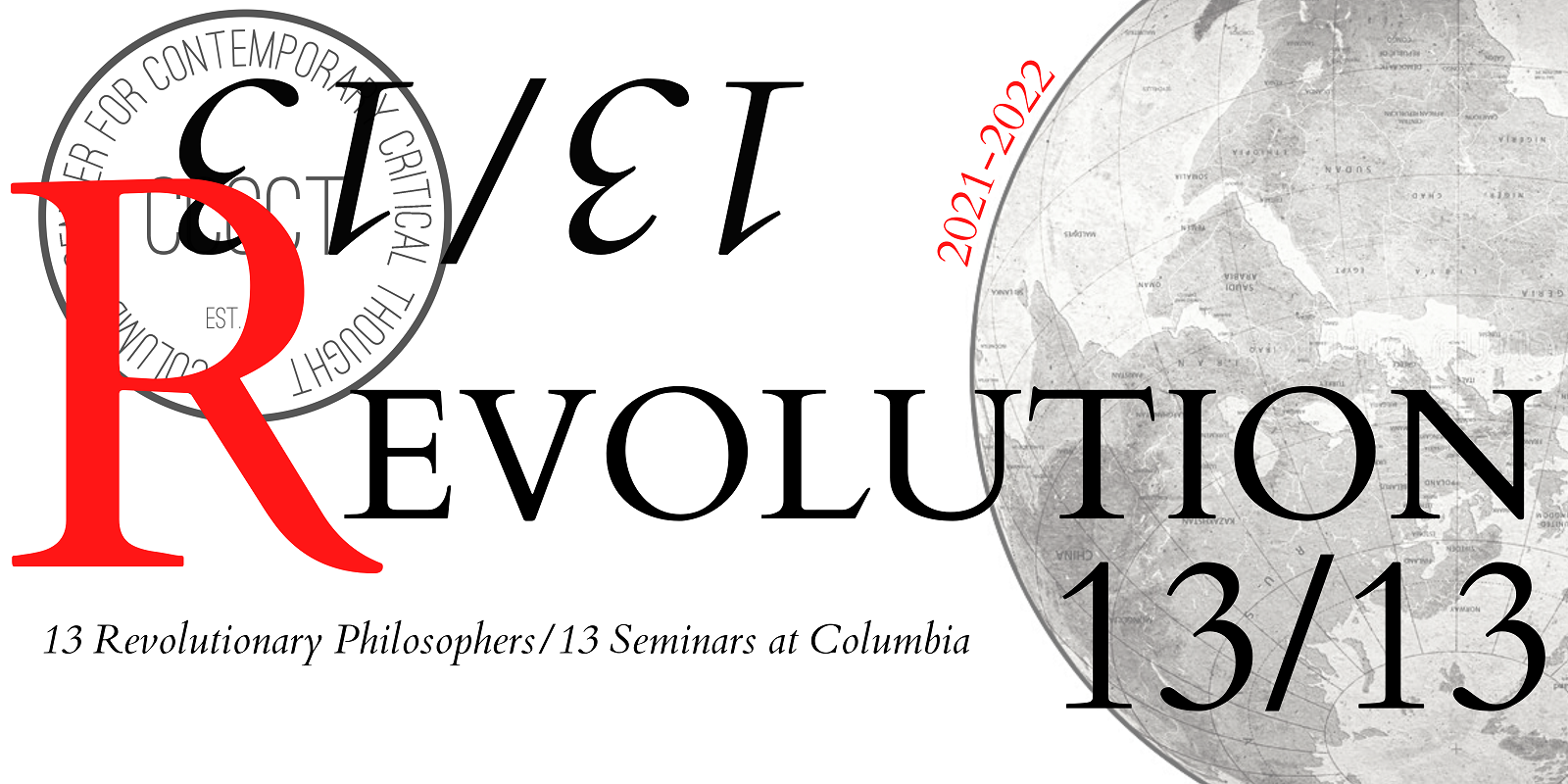By Adom Getachew
After our discussion, I thought another way we might distinguish the academic and worldly philosopher was to think less about their different modes of engagement, but to consider when the university came to be a dominant space for intellectual life and engagement. If we think about the canon of modern political thought, many of the figures we teach our students were not located in universities and were often directly involved in politics as advisors (Machiavelli, Hobbes, Locke) or parliamentarians (Burke, Mill). Philosophers, or more specifically critical thinking/theory, was not institutionally located in the university in the same way. This suggests that perhaps the worldly/academic distinction can only come into being when the modern university—especially with its structures of professionalization and specialization—emerge and come to monopolize what it means to be an intellectual. I think this is a fairly late development, for even in the immediate postwar years figures who crossed the boundaries were much more common.
Yet another question to take up would be how the university itself has been the scene of worldly engagement. The transformations of the university in the 1960s by student movements, the link between social movements and the transformation of knowledge (Black Power and Black Studies, Women’s movement and Gender studies), and the ways the university as employer and landlord is necessarily a site of political contestation (the pathbreaking strike 1984 strike of clerical workers at Yale) are just a few examples of how the worldly political practice comes to the university. In the course of these contestations, what and who accounts within the academy has been radically transformed. The 1960s was of course a high point of this kind of reckoning, but we might be living in another one as students from South Africa to the UK and US push the boundaries of academic philosophy in their calls to “Decolonize the University.”
